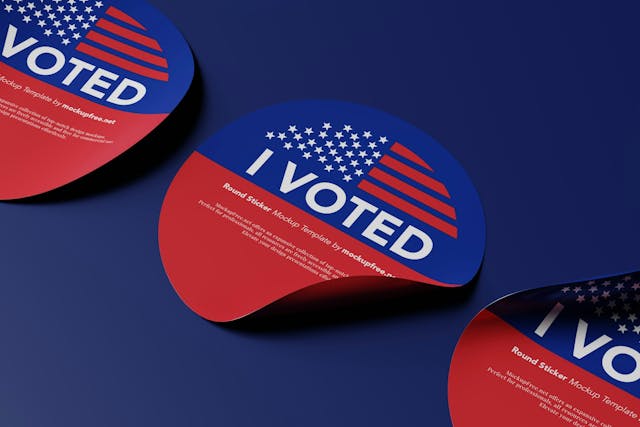Appellate Court to Consider Constitutionality of N.J. Closed Primary

Update: On Tuesday, March 3, 2015, the U.S. Third Circuit Court of Appeals officially granted oral argument in the case, Balsam, et al. v. Guadagno, on Tuesday, March 17, 2015.
A coalition that includes seven individual plaintiffs, the
Independent Voter Project, and IndependentVoting.org filed suit in March in a federal court challenging the constitutionality of New Jersey’s closed primary system.
Plaintiffs assert two main grievances under federal law:
- New Jersey’s closed primary system violates a voter’s First Amendment right of non-association because voters are required to join a political party to participate in the taxpayer-funded primary process, and
- New Jersey’s closed primary system violates the Fourteenth Amendment’s Equal Protection Clause because the primary system gives political parties and their members superior access to the election franchise, which has the effect of diluting the influence of voters who choose not to join the Republican or Democratic parties.
Additionally, plaintiffs claim that the closed primary system violates New Jersey’s state constitutional prohibition against the private use of public funds because the closed primary serves the exclusive benefit of the Republican and Democratic parties and their members to conduct their private nomination proceedings.
A federal district court judge, Stanley Chesler, dismissed the plaintiffs' entire case, with prejudice, on summary judgment. Chesler’s opinion cited precedent concerning an independent voter’s right to participate in Republican and Democratic primaries and suggested that, among other things, “a voter who feels disenfranchised ... should simply join party.”
On appeal, the plaintiffs/appellants have asked the U.S. Third Circuit Court of Appeals the following questions:
- Are the State of New Jersey’s (“state”) non-presidential primary elections an integral stage of the election process in New Jersey?
- Does every voter have a fundamental right to vote in all integral stages of an election?
- Do appellants state a claim under the Equal Protection Clause of the Fourteenth Amendment of the U.S. Constitution when the state creates two classes of voters: (i) registered voters who ‘qualify’ to vote in primary elections by virtue of joining the Democratic or Republican political parties; and, (ii) registered voters who are not ‘qualified’ to vote in primary elections because they have not joined the Republican or Democratic parties?
- Do appellants state a claim under the First Amendment of the U.S. Constitution when the state requires voters to join the Republican or Democratic parties as a condition to gaining access to an integral stage of the state’s election process?
- Did the lower court err by relying on precedent related to a political party’s right to control their candidate nomination proceedings, rather than precedent related to rights of individual voters to participate in the election process?
The court has calendared oral argument on March 17, 2015. However, the three-judge panel has yet to ultimately decide whether to grant the oral argument. That decision must be made by March 7, 2015.


